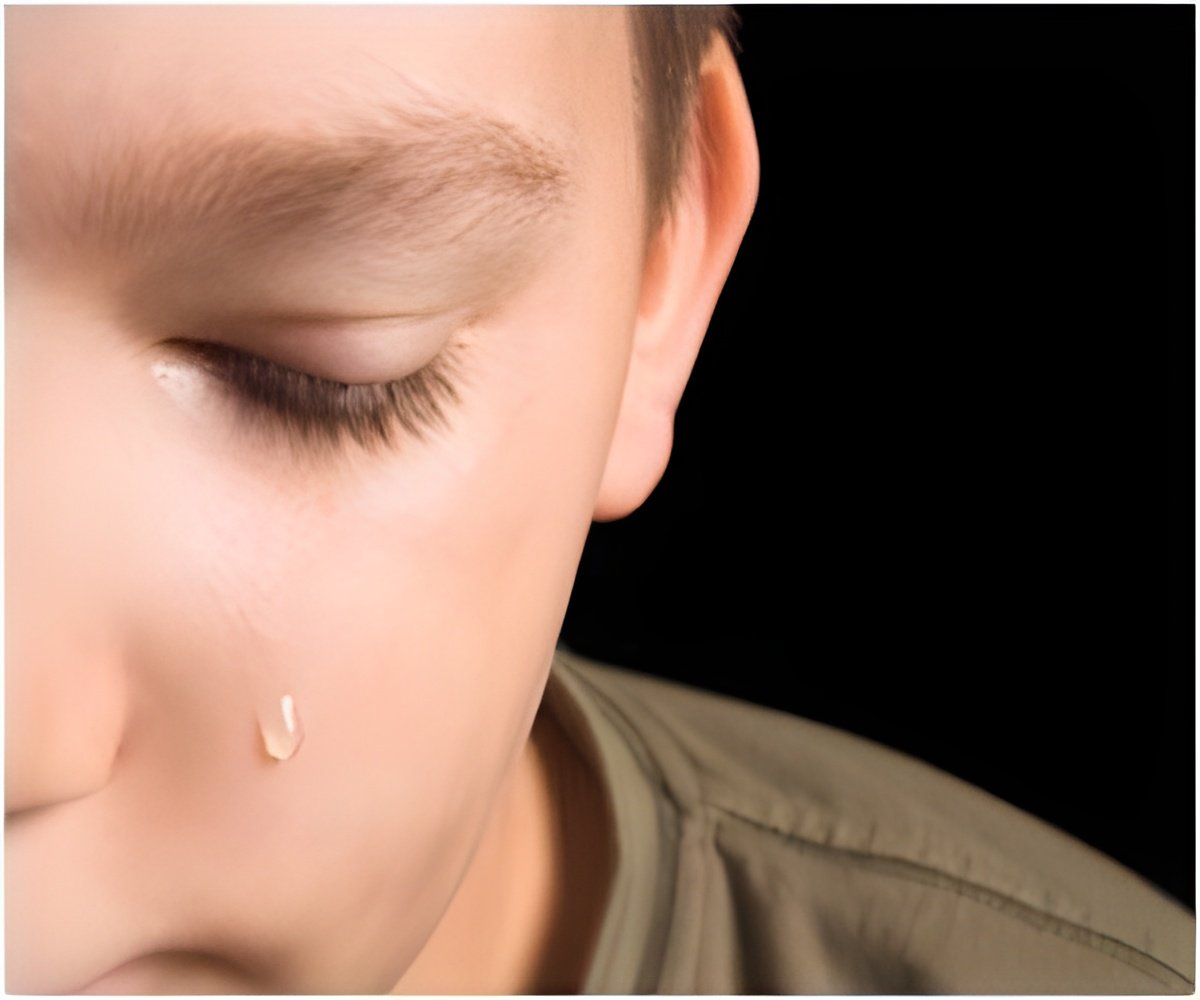
Parents can help protect their children from sexual abuse by talking frankly to them about abuse, starting at a young age with age-appropriate information.
"It's essential that parents have a continuing conversation with their children about sexual abuse," Kay Knaff, clinical services program manager for Youth Villages, a private nonprofit organization that helps children with emotional, behavioural and mental health issues, as well as children who have been abused or neglected, said.
"This may seem hard to do, but it's the best way to protect your child. It's best to start talking to your children about child abuse as early as age 3 or 4," Knaff said.
Parents should talk to their children about inappropriate touching and other forms of child abuse, and make sure their children know what behaviour is right and what is wrong.
In addition, Knaff said parents should teach children to say "no" to their abuser if they can, try to get away from the abuser and or call for help so other people become aware of the situation.
"Child abuse data show that the majority of children keep abuse a secret.
"That means it is even more important that parents not only talk to their children about what child abuse is and emphasize that it is never the child's fault. Abuse is always wrong, and children should report it to a trusted adult.
"Parents need to keep the lines of communication open and seek out their children whenever they feel like something is going on with their child or their child is behaving differently in some way from usual," Knaff said.
To encourage children to report any abuse, parents should let the child know about two or three people designated as safe adults the child can talk to if he or she suffers abuse or feels unsafe.
"Children need to know who they can talk to.
"They also need to be encouraged to tell what happened to them to more than one person and keep telling until someone believes them and does something about it," Knaff said.
Knaff also recommends parents specifically teach their children to report any touching that feels uncomfortable or wrong, even if it is by a family member, teacher, coach, pastor or church official, youth group leader or another child.
Source-ANI












